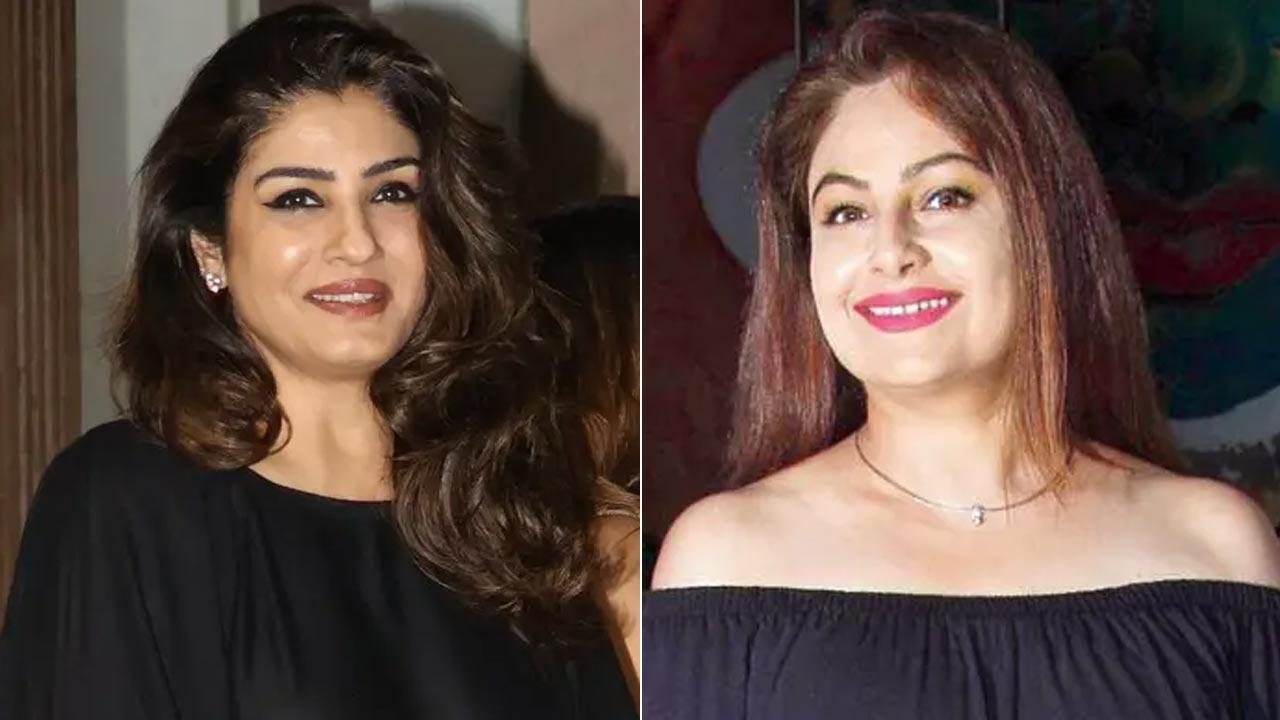
In the realm of psychological thrillers, the notion of unreliable memory holds unique intrigue and offers filmmakers and storytellers a rich canvas on which to paint the complexities of the human psyche. The Malayalam film “Bougainvillea” takes this concept to heart, building its narrative around the central character, Reethu, played with depth and authenticity by Jyothirmayi. As the story unfolds, viewers are invited into a world where reality is constantly questioned, and nothing is quite what it seems.
Reethu, through whose eyes we navigate this labyrinthine plot, suffers from retrograde amnesia, a condition that severely affects her short-term memory. This condition originated from a road accident she experienced eight years prior to the events in this film. As Reethu struggles to differentiate between reality and the constructs of her mind, the audience too is led to question the veracity of the unfolding scenes. Has she really painted a Sunflower, or is it yet another Bougainvillea? This question hangs over the narrative, creating a tension that director Amal Neerad skillfully manipulates throughout the film.
Supporting Reethu through her turbulent life is her husband, Royce, portrayed by Kunchacko Boban. His portrayal of a compassionate and patient partner is consistent with his character’s profession as a caregiver in a hospital. However, it is the arrival of a police investigation concerning a missing girl that disturbs the delicate balance of their lives. This sudden intrusion sparks a series of events that plunge the characters and the audience into a journey of uncertainty and suspense.
“Ruthinte Lokam,” the novel by Lajo Jose, provides the backbone for the film’s narrative. Neerad and his team stay true to the novel’s story while also enhancing certain elements, particularly with Amal Neerad’s signature visual flair and detailed sound design. These elements come together to portray Reethu’s mental lapses in a believable, almost palpable manner. Jyothirmayi’s performance is a standout, as she embodies the character’s struggles with a nuanced display of vulnerability and confusion, grounding the film even when the plot veers into areas of implausibility.
Nevertheless, the film is not without its flaws.
. Despite the creative additions, some inherent weaknesses from the source material haunt the film’s narrative, especially towards its climax. The plot twist, meant to be a significant turning point, comes across as unconvincing, detracting from the meticulous buildup that precedes it. Furthermore, the narrative leans heavily into violence in its concluding act, a choice that feels more like an effort to shock than a natural progression of the story.
The comparison to recent cinematic productions such as “Kishkindha Kaandam” is inevitable, as both delve into memory-driven investigations. However, where “Bougainvillea” stumbles is in its resolution. Amal Neerad, known for his elaborate setups, faces difficulty in delivering an equally compelling conclusion. The climax, riddled with clichés and forced elements—such as the villain’s backstory involving a grandfather, or the reuse of famous lines from other films—adds a disjointed feel to what could have been a tighter narrative.
The casting choices also raise some questions. While Jyothirmayi carries much of the film on her shoulders with her comeback performance, Kunchacko Boban’s portrayal lacks the conviction needed for the gravity of the situation. The inclusion of notable actors like Fahadh Faasil and Sharafudheen appears more strategic for marketing rather than narrative necessity, as their roles do not contribute significantly to the development of the film.
In conclusion, “Bougainvillea” is an ambitious venture into the psychological thriller genre, with its roots planted firmly in a gripping premise of unreliable memory. It showcases moments of brilliance in its depiction of mental fragility and human relationships. However, it falters in delivering a satisfying payoff to its audience, with its ending failing to capitalize on the strong foundation laid by its promising beginning. Despite its shortcomings, it remains a telling exploration into the mind’s vulnerabilities, further illustrating the challenges and allure of the psychological thriller genre. “Bougainvillea” is currently screening in theaters, and for those intrigued by the labyrinths of the mind, it offers an experience worth taking, albeit with tempered expectations.










